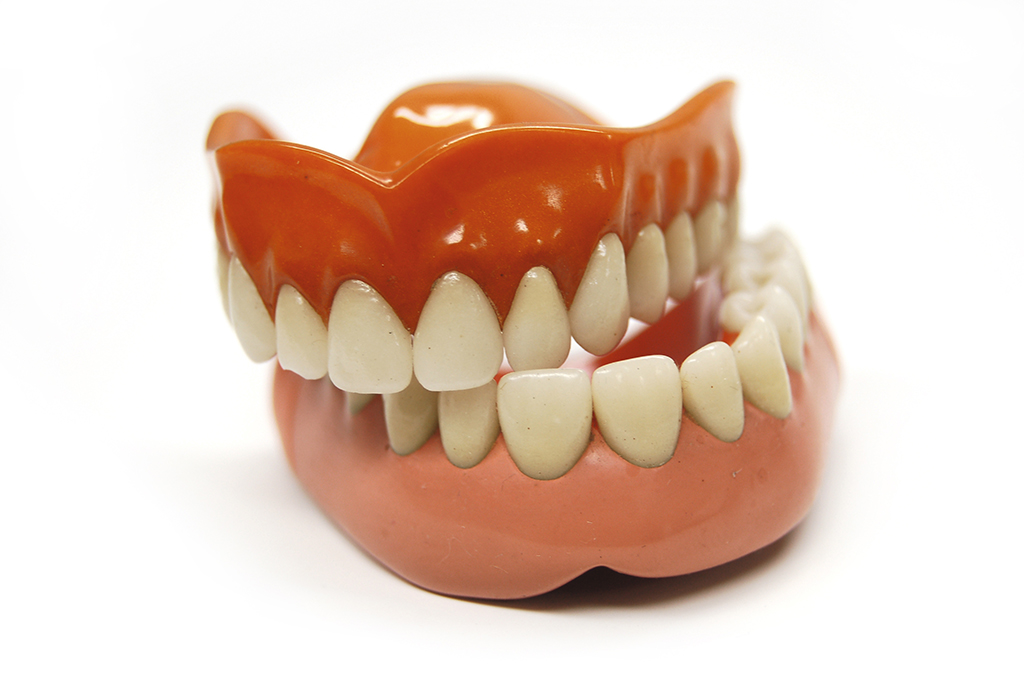 We all know the detrimental effects of stress on our wellbeing, but did you know it can also affect your oral health? To mark Stress Awareness Month, we spoke to Dentist, bacteriologist, and founder of The Breath Company Dr Harold Katz, on how stress can play havoc on our mouths, and what we can do about it:
We all know the detrimental effects of stress on our wellbeing, but did you know it can also affect your oral health? To mark Stress Awareness Month, we spoke to Dentist, bacteriologist, and founder of The Breath Company Dr Harold Katz, on how stress can play havoc on our mouths, and what we can do about it:
1 It can give you bad breath
When we find ourselves in times of stress, our bodies react by entering a “fight or flight” response mechanism, providing us with a boost of energy so we can react quickly to the situation. In cases of chronic stress, your body is kept in “fight or flight” mode and conserves energy by turning off certain digestive functions, such as the production of saliva.
Saliva is mandatory for moistening food for easier digestion, but the body deems it unnecessary in critical situations. The mouth becomes dry, leading to bad breath, or halitosis. This happens because the odorous gases created by bacteria in the mouth, which are generally suppressed by spit and swallowed away, are free to be released into the air. Additionally, bacteria are much more likely to stick to the surfaces of a dry mouth, which can further enhance the sour smell.
How to fix it: Drinking plenty of water, chewing sugar-free gum and rinsing with a non-alcohol mouthwash can help to minimise the effects of stress related halitosis.
2 It can cause gum disease
A small amount of blood in the sink when you clean your teeth might not seem like a big deal, but consistently bleeding gums should not be ignored. Bleeding gums are a visual symptom of gum disease, which can be caused by stress.
When the body is under stress it produces elevated amounts of the hormone cortisol, which acts as an anti-inflammatory agent. When cortisol is produced in the gums, increases inflammation and the progression of gum disease. Also, those with high stress levels tend to adopt bad oral hygiene and lifestyle habits, and this in turn can have a negative impact on their oral health.
How to fix it: If gum disease isn’t in advanced stages then good oral hygiene habits can reverse it, so it’s essential to adopt a robust oral hygiene regimen coupled with regular trips to your dentist who can offer sound advice on correct brushing and flossing techniques.
3 It can trigger mouth ulcers
Chronic stress suppresses the immune system and can leave you open to disease and infection. Mouth ulcers are one example of this and although are relatively harmless can make life uncomfortable when eating, drinking, speaking or swallowing.
How to spot them? They occur on the inside of the mouth and are white or yellow surrounded by a dark red area.
How to fix it: Minimising your exposure to stressful situations and adopting some simple lifestyle changes, such as exercise, deep breathing exercise and limiting alcohol and sugary drinks, can reduce your chances of developing mouth ulcers.
Dr. Katz is a dentist and an internationally recognised expert in the fields of bad breath, taste disorders, tonsil stones and dry mouth.
For more natural ways to beat stress, use these tips on aromatherapy, or try these new get-calm strategies.
Summary
 Article Name3 ways stress can affect your oral health (and how to prevent them)DescriptionWe all know the detrimental effects of stress on our wellbeing, but did you know it can also affect your oral health? To mark Stress Awareness Month, we spoke to Dentist, bacteriologist, and founder of The Breath Company Dr Harold Katz, on how stress can play havoc on our mouths, and what we can do about it.Author Hattie Parish Publisher Name Healthy Magazine Publisher Logo
Article Name3 ways stress can affect your oral health (and how to prevent them)DescriptionWe all know the detrimental effects of stress on our wellbeing, but did you know it can also affect your oral health? To mark Stress Awareness Month, we spoke to Dentist, bacteriologist, and founder of The Breath Company Dr Harold Katz, on how stress can play havoc on our mouths, and what we can do about it.Author Hattie Parish Publisher Name Healthy Magazine Publisher Logo


